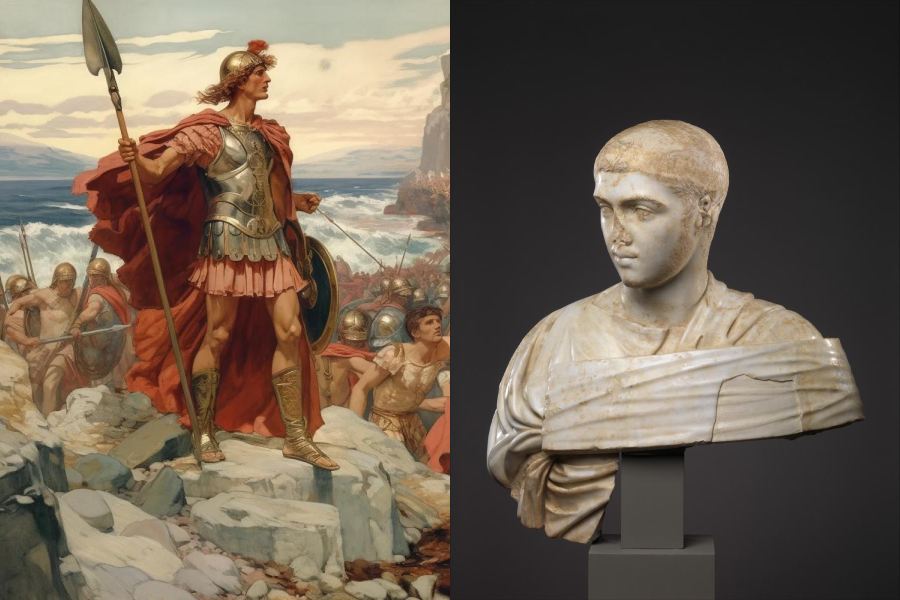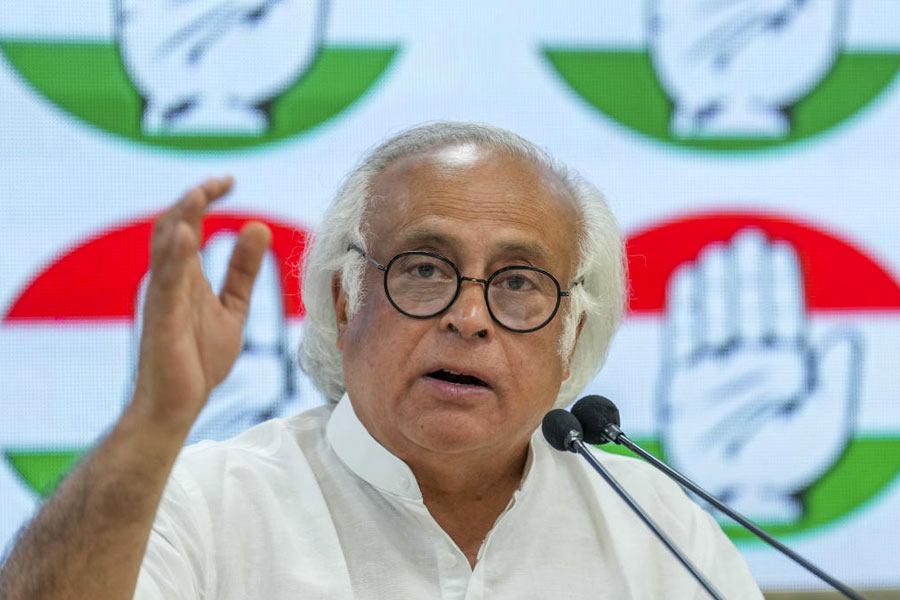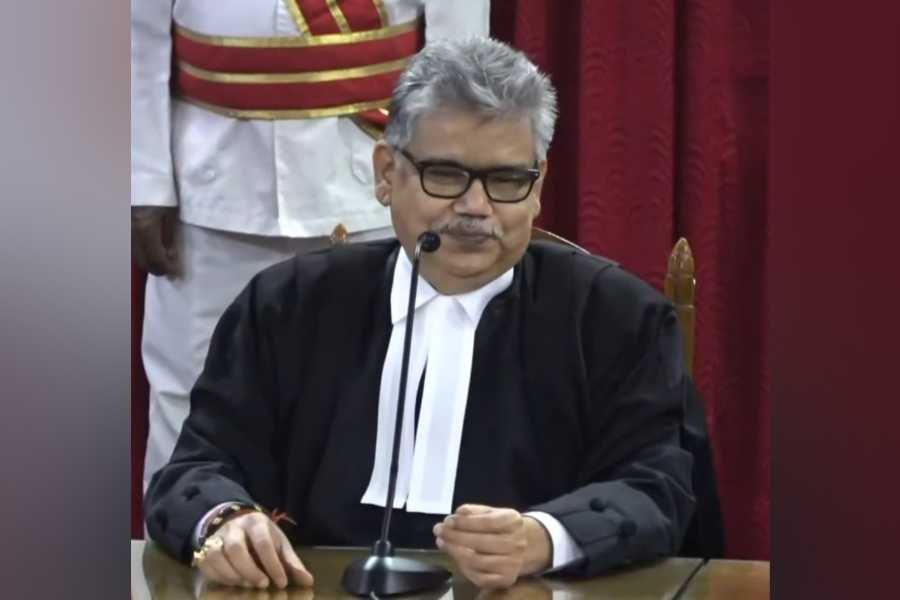Book: THE EMPEROR OF ROME
Author: Mary Beard
Published by: Profile
Price: Rs 1599
Dame Mary Beard has researched and written on just about every aspect of Ancient Rome — the Empire, Emperors and imperial subjects — in the course of her long career as Professor of Classics at Cambridge. So what else could have been left to write about?
The question assumes significance as one peruses Beard's suggestions for “Further Reading” at the end of this new tome. This annotated bibliography offers a peek into the colossal scholarly output on the Empire. From among these, Beard focuses on those titles that have studied Roman imperial history through not only its formal institutional structures but also the political culture that sustained it: a political culture comprising rituals, conventions, protocols, beliefs, practices, myths and discourses around the idea of the Emperor and the spectrum of power he exercised. Despite the vastly different personas that assumed the title of Emperor, Beard observes that from its inception to about 300 years of existence, what one notices is a broad pattern of ‘one man rule’.
But beyond the observed pattern of imperial rule, Beard argues that it was the “Empire that made the Emperors and not the other way round.” For it was the shifting contours of the territorial, military and political trajectories of the Empire that prompted the delineation of the political power and the cultural authority of the Emperor. Beard draws attention to the fact that Augustus, the first recognised Emperor of Rome, had no template to follow. He was a mere 'Prinsep' who aspired to consolidate personal power by gradually subverting the institutions of the Roman Republic.
Beard frames her book in a chronological sequence with a pointed thematic focus that takes us through the people, institutions, conventions and discourses that shaped and legitimised ‘one man rule’. Beard begins her 300 years of Roman imperial history with Julius Caesar and ends with the reign of Alexander Severus. The chapter on Caesar is titled “One Man Rule: The Basics”; the final one on Severus is titled "I think I am Becoming a God". These titles are indicative of the shifting political imaginaries within the Roman Republic itself as it encountered complex geographies, diverse cultures, political assassinations and messy successions.
The book begins with Julius Caesar presiding over what Beard calls a “sort of democracy” from 48 BC to 44 BC and then takes us through the recursive cycles of dynastic succession and civil wars beginning with Julio-Claudians, the Flavians, the phase of the Adoptive-Antonine Emperors and, finally, ending with the rule of Alexander Severus (222-235 AD). Beard burrows her way through the maze of primary and secondary writing on each dynasty to formulate the running argument that every Roman Emperor was condemned to be aware of the ephemerality of power notwithstanding the overwhelming control he enjoyed over citizens, subjects and slaves. There were challenges to his position from members of the immediate imperial household to distant provincial governors, from former slaves to a close courtier. Threats to authority could come in the form of direct physical harm or conspiracies, through dissent or sheer recalcitrance. The Emperor had to deal with all of these, with either brute power or carefully choreographed displays of social, cultural and moral authority.
Beard draws our attention to the problem of teasing out an objective understanding of the operations of ‘one man rule’ from the prolific output of courtly and popular representations of the figure of the Emperor. Much of these contemporary writings of Roman authors, philosophers and courtiers resonated across centuries in European literature, art and theatre. In many of these representations, Roman Emperors are not abstract categories; they are men of flesh and blood, ranging from dangerous libertines to brutal demagogues, from wily political fixers to consummate philosophers.
For Beard, these representations are those of the Emperor as a prefigured entity when, in reality, the idea, office and symbolic presence of the Emperor was a staggered project. The notion of an Emperor as an embodiment of 'one man rule' had to be carved out of the democratic framework of the older Republic. This meant the gradual hollowing out of all existing democratic institutions and practices, the strengthening of political elites through the creation of hereditary offices for quaestors, praetors and consuls, the control over armed forces, the restraining of provincial governors, the erasure from public memory of all symbols of democratic citizenship and the inscription of imperial authority in every sphere of public life. This blueprint of an Emperor's 'job description' was a bequest of Augustus who in, Res Gestae Divi Augusti, laid out the terms in which subsequent Emperors would rule. Beard reads the tract closely and combines it with Pliny's eulogy to Emperor Trajan, The Praise of Speech, to show us how the notion of a model Emperor was put together over centuries and under different contingent circumstances.
Their authoritarian instincts notwithstanding, both tracts agreed that Roman Emperors committed themselves to the ideal of 'civilitas' — the willingness to be one with citizens. It is only with the imperial adoption of Christianity do we see them make claims to divinity.
The book defies easy reviews. Its elegant, conversational style cannot hide the demands of rigorous engagement. Even if her eyes are on Rome, Beard's intent is to make us reflect on the enduring appeal of ‘one man rule’ in our flourishing modern democracies.










